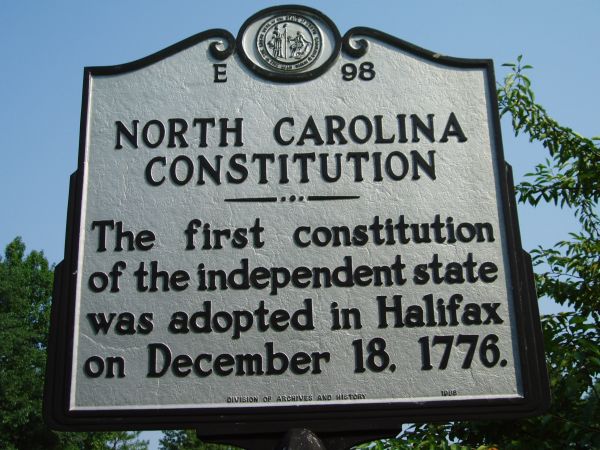Sometimes, when trying to explain how a political issue is a thorny mess, I’ve used the phrase “public-choice problem.” Recent examples include such issues as occupational licensing, film incentives, government favoritism for renewable energy, even funeral regulations.
What is a public-choice problem? The idea comes from public choice theory in economics. My report on Carolina Cronyism used it in explaining the dynamic between voters in general and special interests in particular. Voters face relatively high costs for the small benefit from staying highly informed about government. Any policy that benefits special interests doesn’t cost each voter very much by itself (as opposed to the cumulative cost of policies favoring special interest).
So voters, acting out of their own self-interest and best use of their resources, tend to be relatively ignorant about all the ins and outs of government and lawmaking.
It’s different for special interests. The benefits they receive from favorable laws are concentrated and large, and so are the costs to them from losing such laws. So acting out of self-interest and best use of their time and money, they tend to be involved in lobbying, informing, and seeking to influence public policy.
There’s another group involved, too, and they are also acting out of their own self-interest: the politicians making the laws. They tend to hear most from (and benefit most from) the special interests. They’re unlikely to hear much from everyone else, who stand to lose just a little as special interests gain a lot.
Policymakers sometimes call the special interests “stakeholders” in terms of policy matters. It’s a nod to the groups’ self-interest, or stake, in an issue. But they tend to ignore the largest group of stakeholders: the citizen themselves.
Public-choice economics shows that this is all rational for each group involved, even if it leads to less than optimal policies. William F. Shugart II, the F. A. P. Barnard Distinguished Professor of Economics at the University of Mississippi and editor in chief of Public Choice, the field’s leading scholarly journal, explained it this way:
people are guided chiefly by their own self-interests and, more important, that the motivations of people in the political process are no different from those of people in the steak, housing, or car market. They are the same human beings, after all. As such, voters “vote their pocketbooks,” supporting candidates and ballot propositions they think will make them personally better off; bureaucrats strive to advance their own careers; and politicians seek election or reelection to office.
Public-choice problems are difficult problems to overcome. Political issues usually pit Left vs. Right, Democrats vs. Republicans, or even Urban vs. Rural. These, however, pit a small group of organized insiders vs. an unorganized jumble of everyone else mostly attending to more pressing matters.
Sometimes, as with occupational licensing, the political Left, Right, and Center can all agree that the current policy is wrong. But more often than not, this rare kumbaya of political unity still isn’t enough to overcome dedicated, entrenched special interests.
If people get organized — if the governor gets involved and makes it a legacy matter, if something happens to galvanize the public, etc. — then it can be done. Or if reviewing the policy is removed from politics, such as by scheduled sunset with periodic review.
It’s not easy, which is why it’s best not to get a special interest entrenched in the first place.


